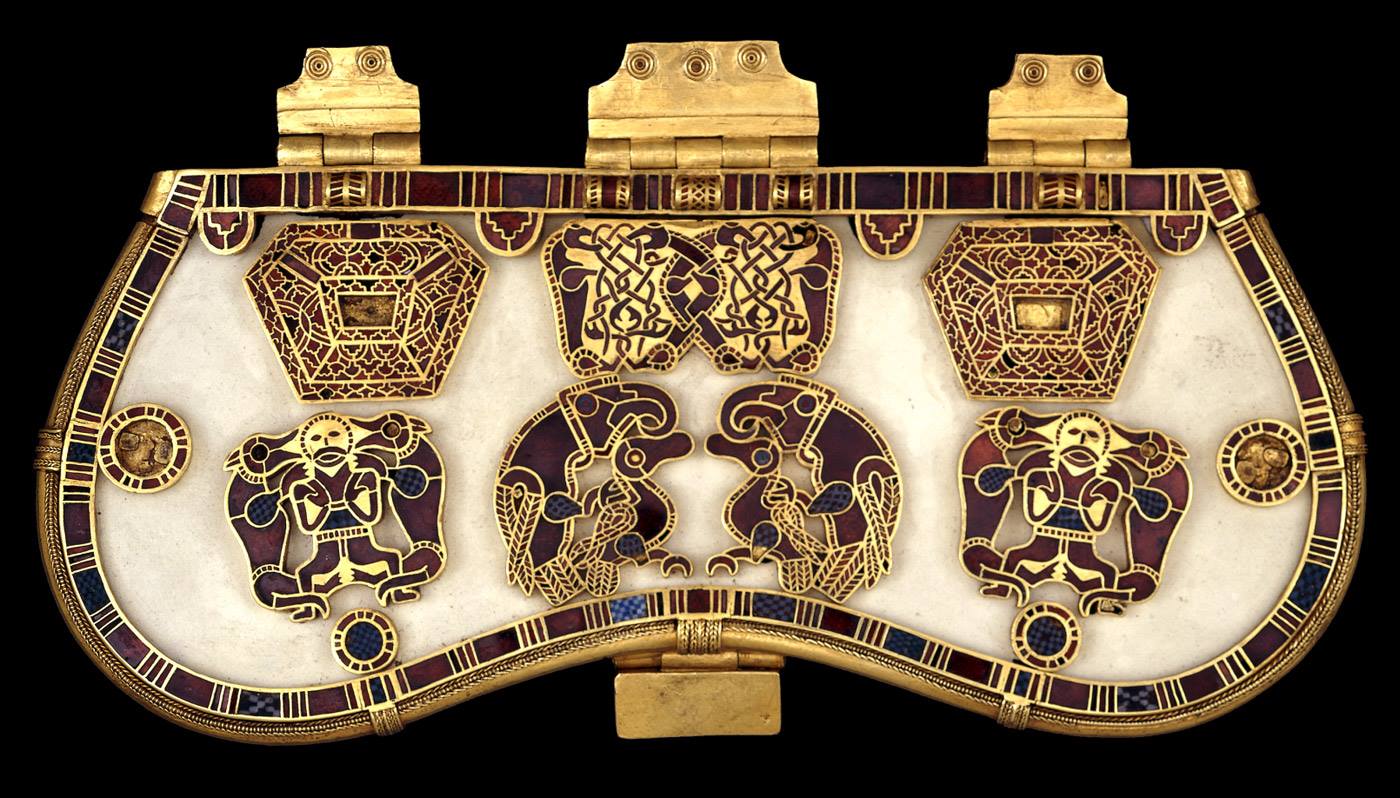

A TV usually comes with a remote, a monitor doesn’t. Additionally, you can use it to watch linear TV if you don’t feel like making a selection.


A TV usually comes with a remote, a monitor doesn’t. Additionally, you can use it to watch linear TV if you don’t feel like making a selection.
AfaIk, Shelter is using the built in work profile of Android, as not every UI/ vendor has made it available to the users. (There is no visible button or option in the settings menu.)
E.g. Samsung smartphones have a “work mode”, but the last time I’ve used it (It may be different in current models), it only allowed for second accounts of selected apps like WhatsApp and hence, was a crippled implentation of the Android feature. My Android 11 Samsung tablet has complete multi user support, not only “work mode”.


I think it was a qr code on a corn flakes packaging directing to some pornhub video instad of the intended prize draw.


Venice, Italy. Upper reaches of the Canale Grande (Grand Canal) with Santa Croce (holy cross) church - Bernardo Bellotto
https://www.nationalgallery.org.uk/artists/bernardo-bellotto


It looks quite tiny in relation to the entire cathedral and, afaIk, was sometimes smaller than in the photo.


At Colongne cathedral it is/was a scaffold for construction works that was attached to the towers and was moved along the proceding of the restauration.
Attached to the Lamberti church Münster are three human sized cages which displayed the remains of the executed leaders of the Anabaptists after the 16th century uprising.



It’s about covering your face in public, i.e. on the festival venue it would be O.K., in public transport possibly not.


As far as I understood, @Lazycog@sopuli.xyz was talking about the phonetic alphabet used in the armies of NATO countries, which is standardised by ICAO as Alpha, Bravo, Charlie, … and is not the everyday phonetic alphabet in each country, e.g. in Germany commonly Anton, Bertha, Cäsar, … but there are plenty of different versions and variants for each German speaking country.
If we would go back to Latin, it wouldn’t be the Latin as spoken by Cicero but some Vulgar Latin, as it is the origin of Romance languages like Italian, with simpler grammar.
Funny, for me it’s the opposite. I can and would be glad if I couldn’t.


The Image actually really shows the remains (not just the castings of the remaining cavities) of loves of Panis Quadratus, the bread people commonly used to eat.
The Panis Quadratus, also known as ‘panis plebeius,’ was a type of bread common in ancient Rome, widespread among all social classes. Made from wheat flour, water, yeast and salt, it was baked in wood-burning ovens and often incised with cross-shaped lines on the top, probably to facilitate division into portions. This bread was considered essential for the daily sustenance of the Romans, and its discovery in a perfect state of preservation offers an extraordinary window into daily life in ancient Pompeii.
The bread was found in one of the best preserved houses in the city, lying in an oven, as if it had just been baked. The eruption of Vesuvius, which buried Pompeii under metres of ash and lapilli, created a sort of time capsule, preserving this specimen of Panis Quadratus exceptionally well.
The archaeologists were astonished by the level of detail with which it was preserved: the incision lines on the crust, the rounded shape and even the weight remained almost unchanged.
[…]
The finding of this bread is not only an archaeological discovery, but a symbol of cultural and gastronomic continuity that has spanned the centuries.
Source and for more images further reading Etruria News (in Italian).


Scarfs, costume masks and medical face masks are allowed in Austria too, but only under special circumstances, e.g. costumes are permitted only for “customs events” (Brauchtumsveranstaltungen) and thus are forbidden for everyday use.

However, you can get fined for wearing a scarf if the police officer perceives it to be not cold enough.
https://www.sueddeutsche.de/panorama/oesterreich-burkaverbot-trifft-maskottchen-und-radfahrer-1.3700378


Of course they knew. For Ingvar Kamprad, it was all about saving money. No matter what.


This works only as long as you have cash in your purse. If are running out of cash, your bank probably won’t hand out new cash, as the accounting software may be affected too.


In Sweden, cash free shops (kontantfri butik) and gastronomy are not uncommon. You can either pay by Swish, which is the cash-less system of the Swedish banks and everybody with a Swedish bank account is free to use, or with credit or debit card (Visa, MasterCard). VPay / EC / Giro cards, that have been until recently common in e.g. Germany may work often but not always. Additionally, in pubs and bars, it is common to pay when placing the order, before you get your drink, i.e. not in the end before you leave.


For those who like numbers: Vladimir the Great was both, Prince of Novgorod and Kiev, until his death in 1015 A.D. In 988, he converted to Christianity and subsequently so did the Kievan Rus.
The Great Schisma, the split between eastern, Orthodox, and western, Catholic, Christianity was 1054 A.D.
Similar for me. I have an old Philips “smart” TV (actually today it is very dumb as basically all services are disabled and all apps heavily outdated) which I occasionally use for watching TV, but most times I use the attached Raspberry Pi with Kodi for watching German public broadcaster’s Mediathek, Youtube or Amazon Prime.